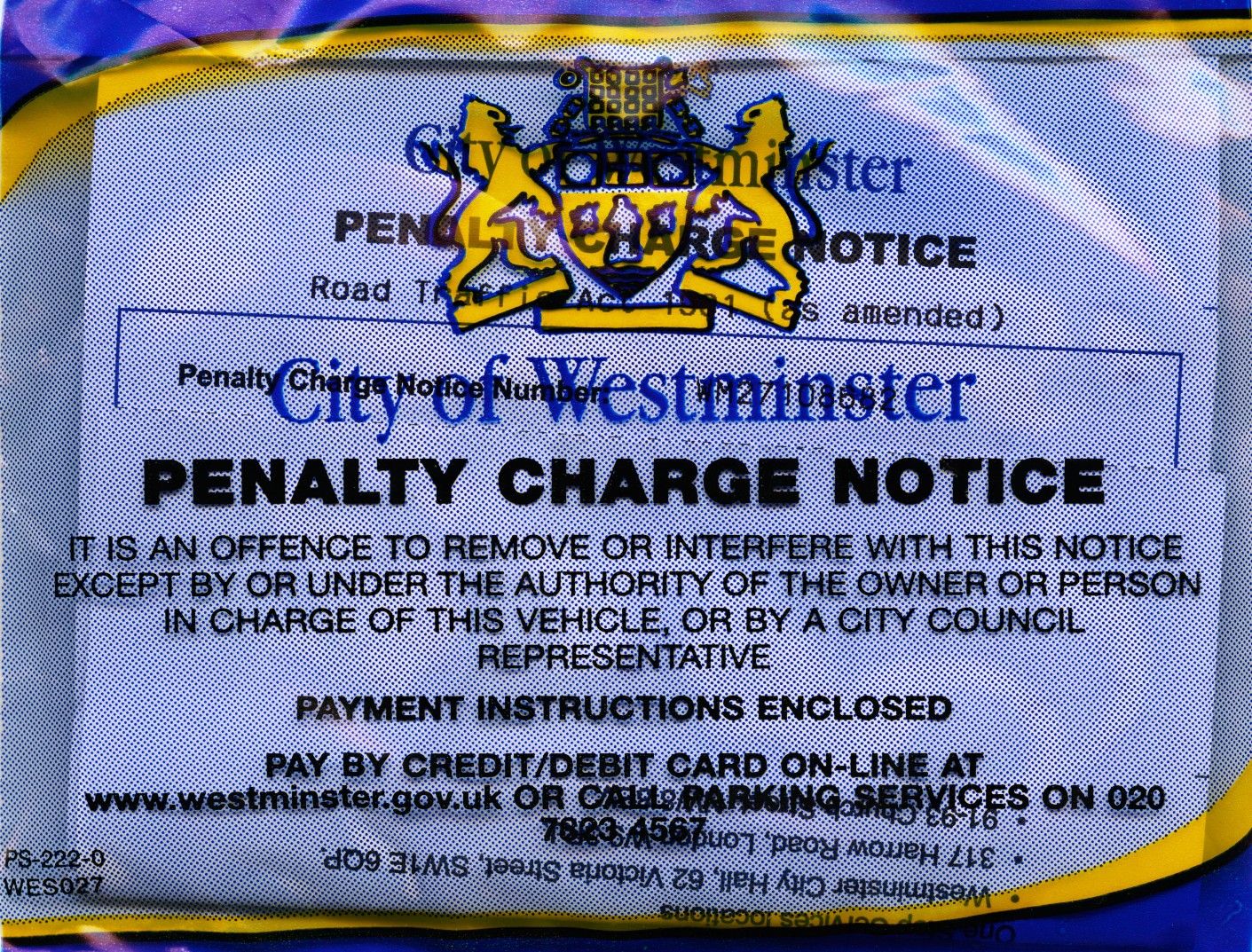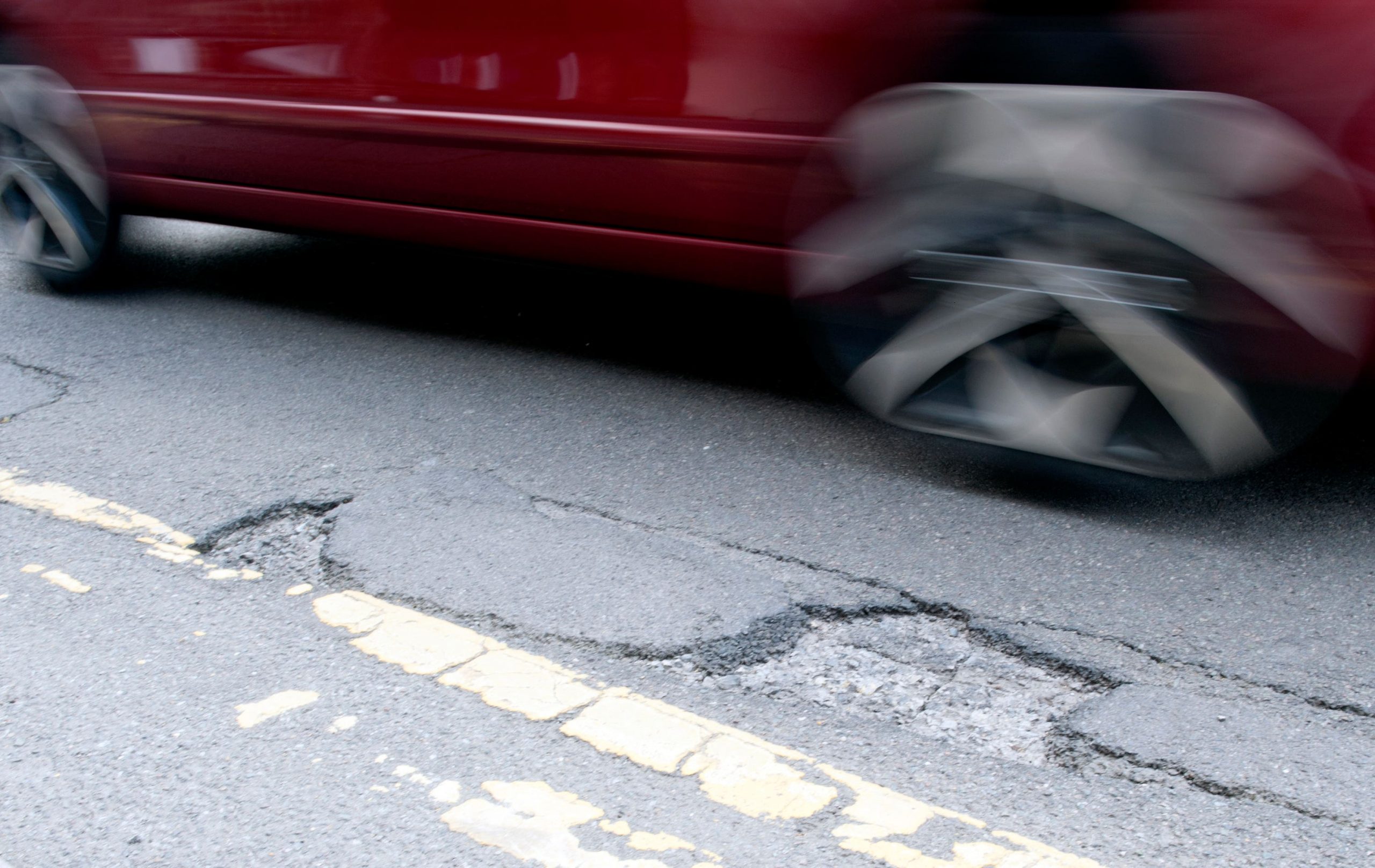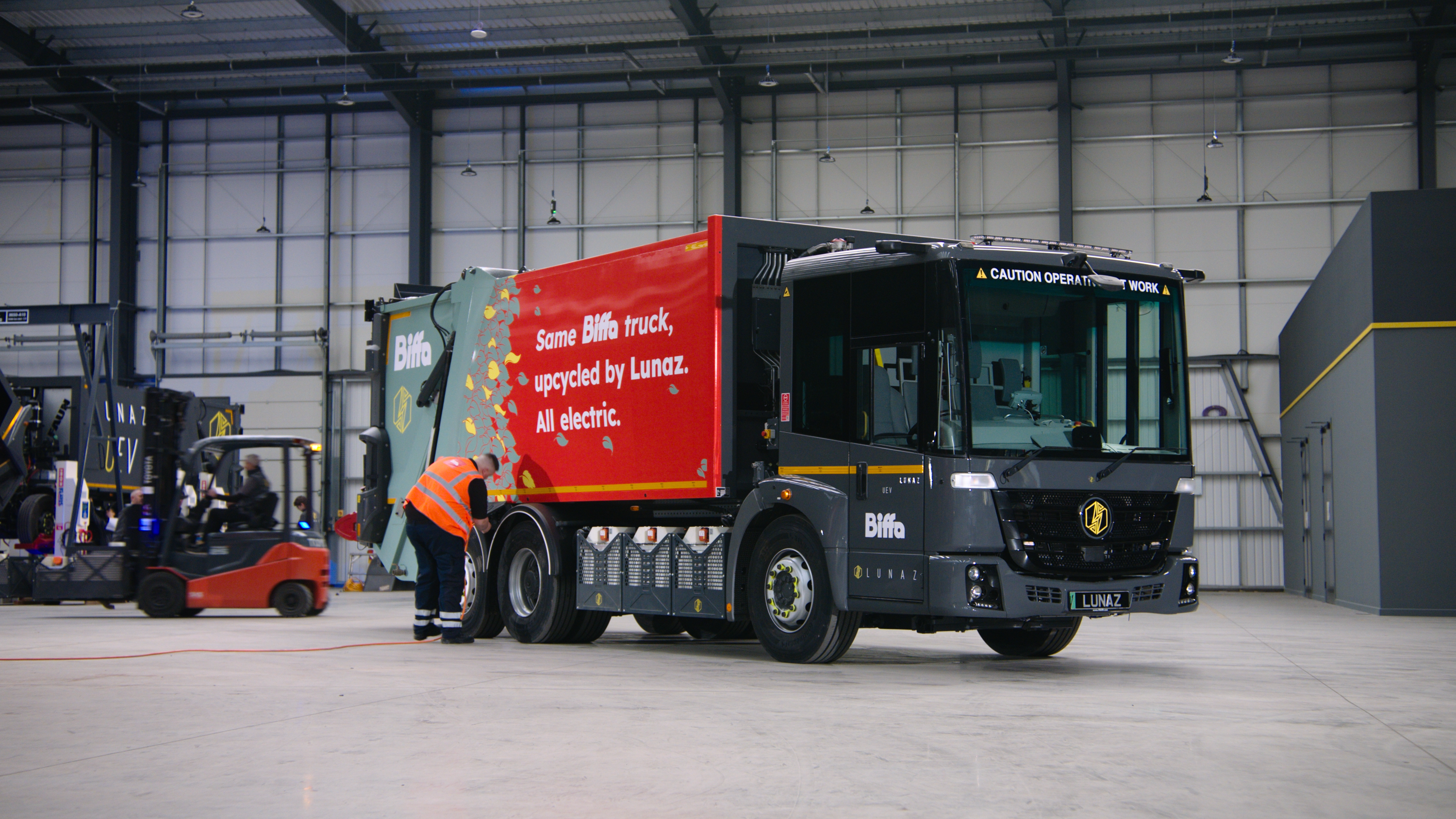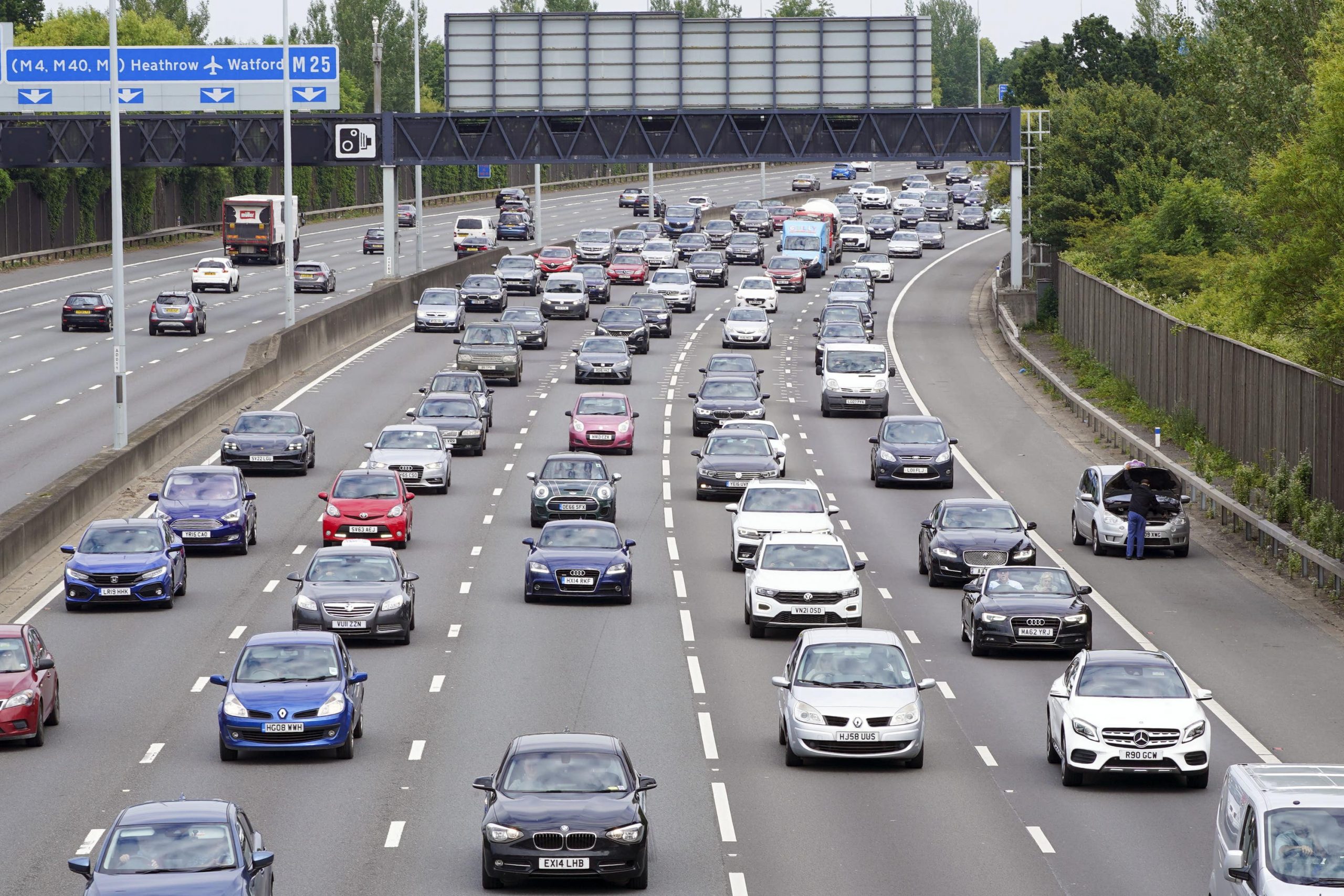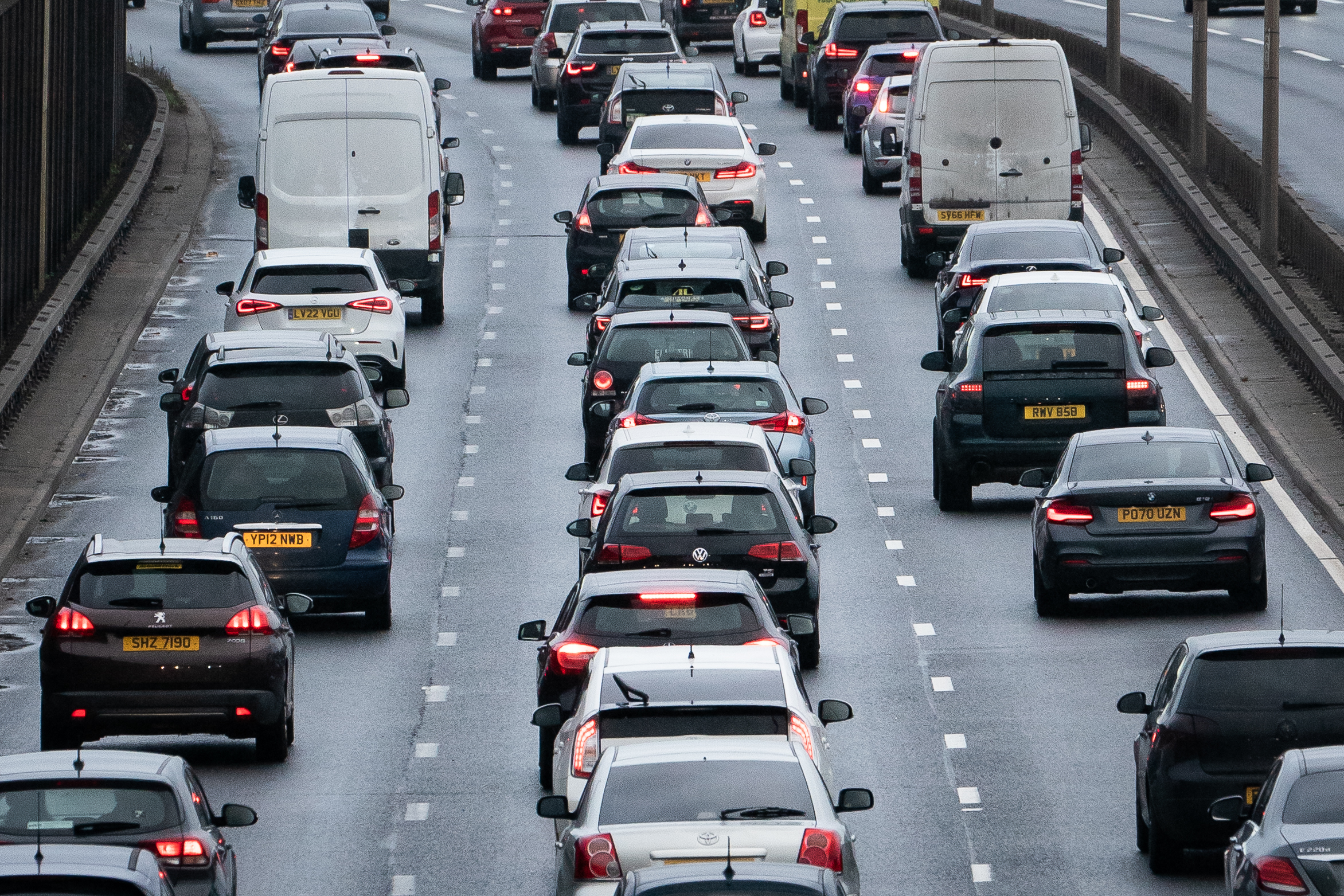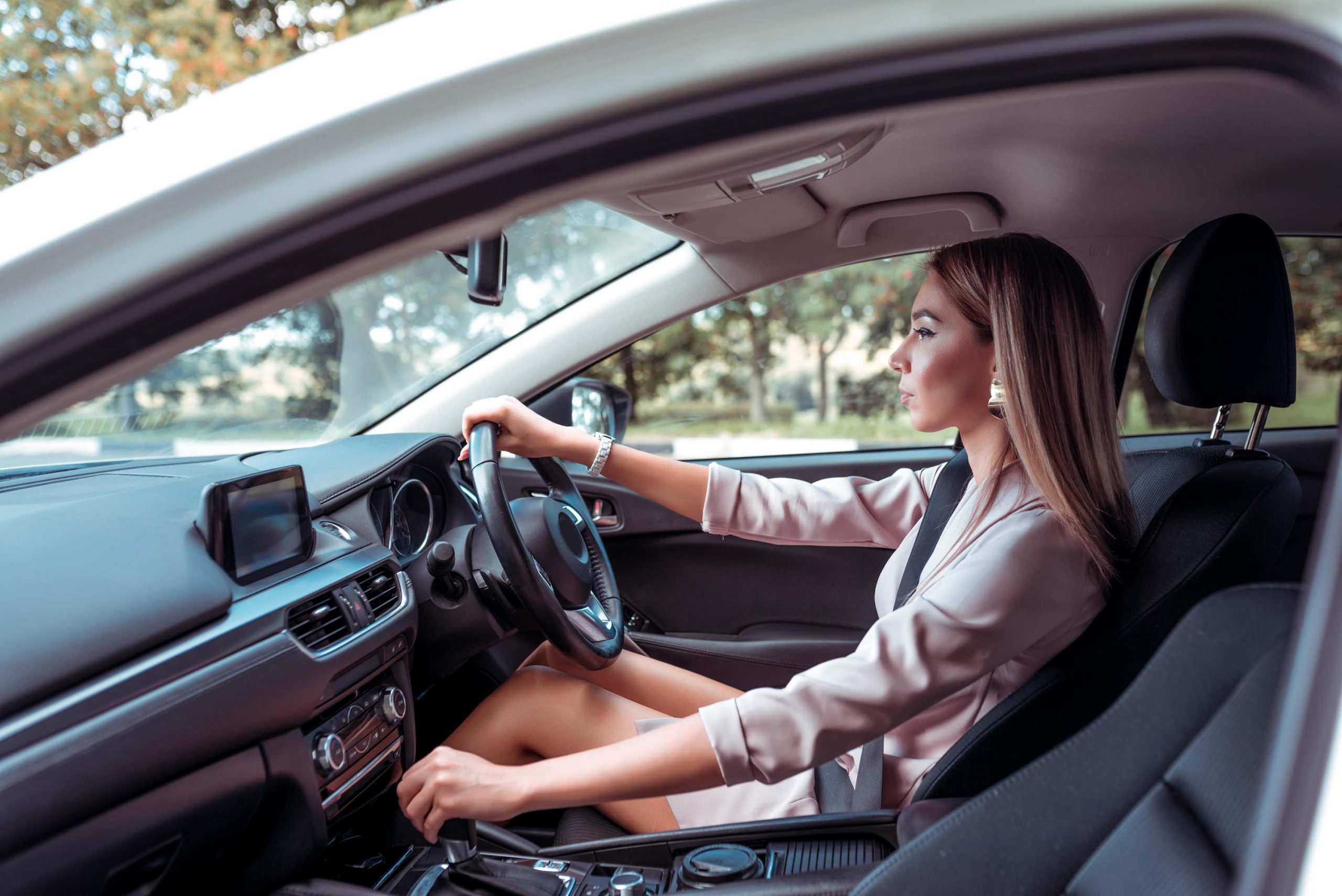The average cost of car insurance is now £107 more expensive than it was 12 months ago, according to new data.
Drivers taking out insurance in the first three months of 2023 would find it costing on average £637, some 20 per cent higher than it would have been for the same period last year.
This figure also puts average insurance prices at the highest since they peaked in 2011.
The research carried out by One Poll for insurance aggregate website Confused.com also found that of the 2,000 UK surveyed, more than half (55 per cent) received a higher renewal price than if they shopped around.
On average, those surveyed had a renewal price £53 higher than their existing policy, compared to £28 higher according to the latest index data reports.
Those living in inner London saw prices rise the most, up by £203 (23 per cent) on average in the past 12 months, and those in outer London an average rise of £158 (23 per cent) meaning average premiums now stand at £1,067 and £845 respectively.
Drivers in Northern Ireland saw prices increase an average of £123 or 21 per cent and Central Scotland also saw an increase of £105 (22 per cent).
Drivers aged 21 saw the biggest increase in average insurance price for the last three months, up £271 (23 per cent), meaning their average policy costs £1,471.
However, for increases over the past 12 months, 17 year olds saw the biggest average growth, up £446 or 38 per cent on average.
Louise Thomas, Confused.com car insurance expert comments: “For drivers who’ve bought policies already this year, the spike in costs might have come as quite a shock. But although there are increases for both new and existing drivers, the evidence shows how shopping and switching at renewal can save money.
“With the average cost of car insurance around £657, drivers might be thinking how they can help to keep costs down. As well as using price comparison sites to find the best deals, drivers should also be accurate with information they give to insurers.”
She added: “For example, telling your provider that you drive fewer miles than you actually do doesn’t necessarily mean that you’ll get a cheaper price. If feasible, paying for your insurance annually and having a multi-car policy can also help with the price you pay.”

